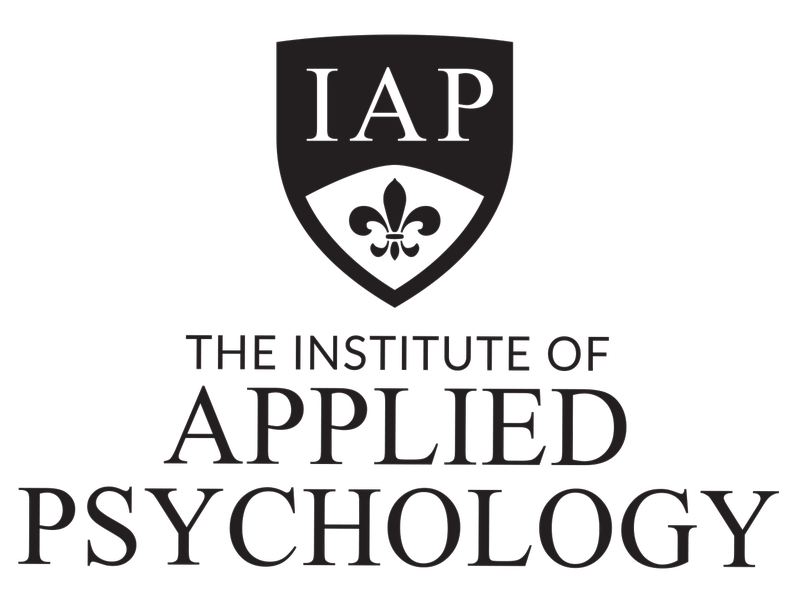Having a low tolerance for ambiguity as a cognitive distortion is like only liking puzzles when you already know where every piece fits perfectly. In life, many situations are ambiguous, which means they're unclear, uncertain, or open to different interpretations.
Some people are okay with this. They can handle not knowing exactly what's going to happen, or they can be comfortable even if they don't understand something fully. They see ambiguity as an opportunity for new possibilities and learning.
But people with a low tolerance for ambiguity feel uncomfortable or stressed when things aren't clear or certain. They might jump to conclusions just to have an answer, even if it's not the right one. Or they might avoid situations where they have to deal with uncertainty.
For example, if you get a text from a friend that says, "We need to talk," and you immediately assume that you've done something wrong and your friend is angry with you, that's an example of having a low tolerance for ambiguity. Instead of waiting to find out what your friend actually wants to talk about, you're uncomfortable with the uncertainty and jump to a negative conclusion.
Like many cognitive distortions, a low tolerance for ambiguity can lead to unnecessary stress and anxiety. It's like trying to force a square peg into a round hole—instead of waiting to find the right fit, you try to force a conclusion that doesn't necessarily match the reality.
